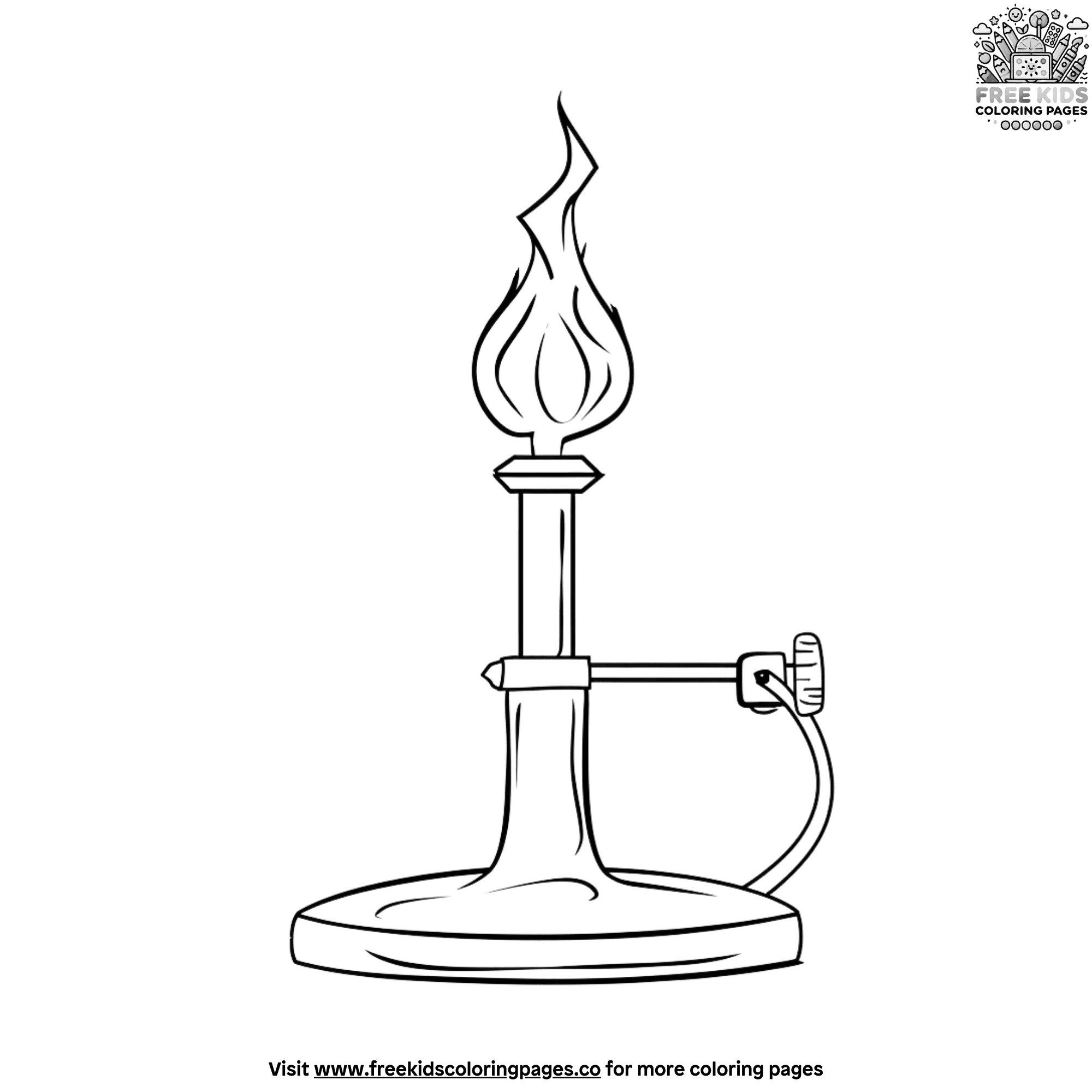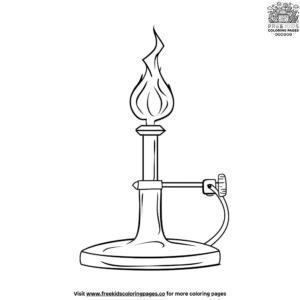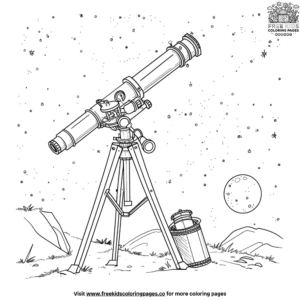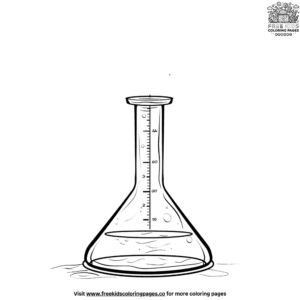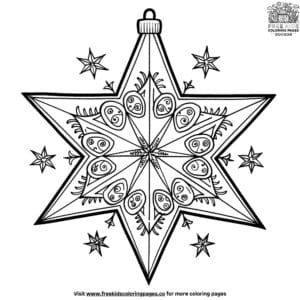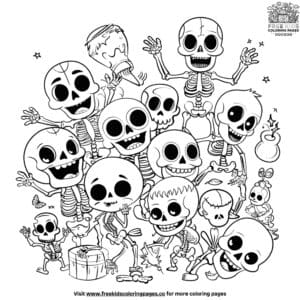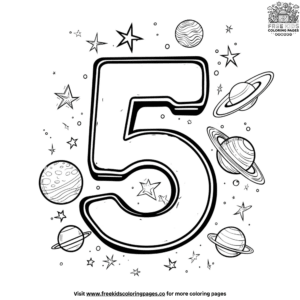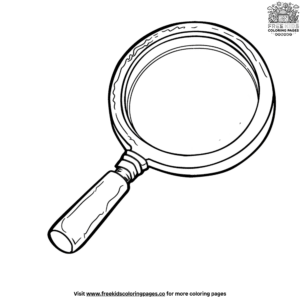These Bunsen Burner Science Coloring Pages are filled with scientific details and practical advice, making them both informative and engaging to color. As children color them, they can learn about the basic principles and safety precautions of using a Bunsen burner.
Parents and teachers can explain how a Bunsen burner works, how to adjust the flame by controlling the air supply, and why different flame colors indicate different temperatures.
They can also discuss the various experiments that require a Bunsen burner, such as heating substances, sterilizing equipment, or demonstrating chemical reactions.
Our Bunsen Burner Science Coloring Pages also encourage hands-on learning and scientific thinking. After coloring, kids might be inspired to conduct simple science experiments at home (with appropriate adult supervision), such as observing the effects of heat on different substances like sugar or wax, or learning how to safely light a candle and observe the flame.
These pages are ideal for use in classrooms, science clubs, or at home as part of a chemistry-themed activity. Teachers can integrate them into lessons on laboratory safety, heat and energy, or chemical reactions, providing a visual tool that complements more traditional teaching methods.
They’re also great for science fairs or educational events, where kids can showcase their interest in chemistry and lab work through creative artwork.
For families, these Bunsen Burner Science Coloring Pages offer a fun way to explore science together. Parents and children can color and discuss the different parts of a Bunsen burner, its uses in various experiments, and the importance of safety in the lab.
Coloring together can also lead to exciting conversations about the scientific method, the thrill of discovery, and the role of experiments in advancing knowledge, sparking curiosity and a love for learning.

